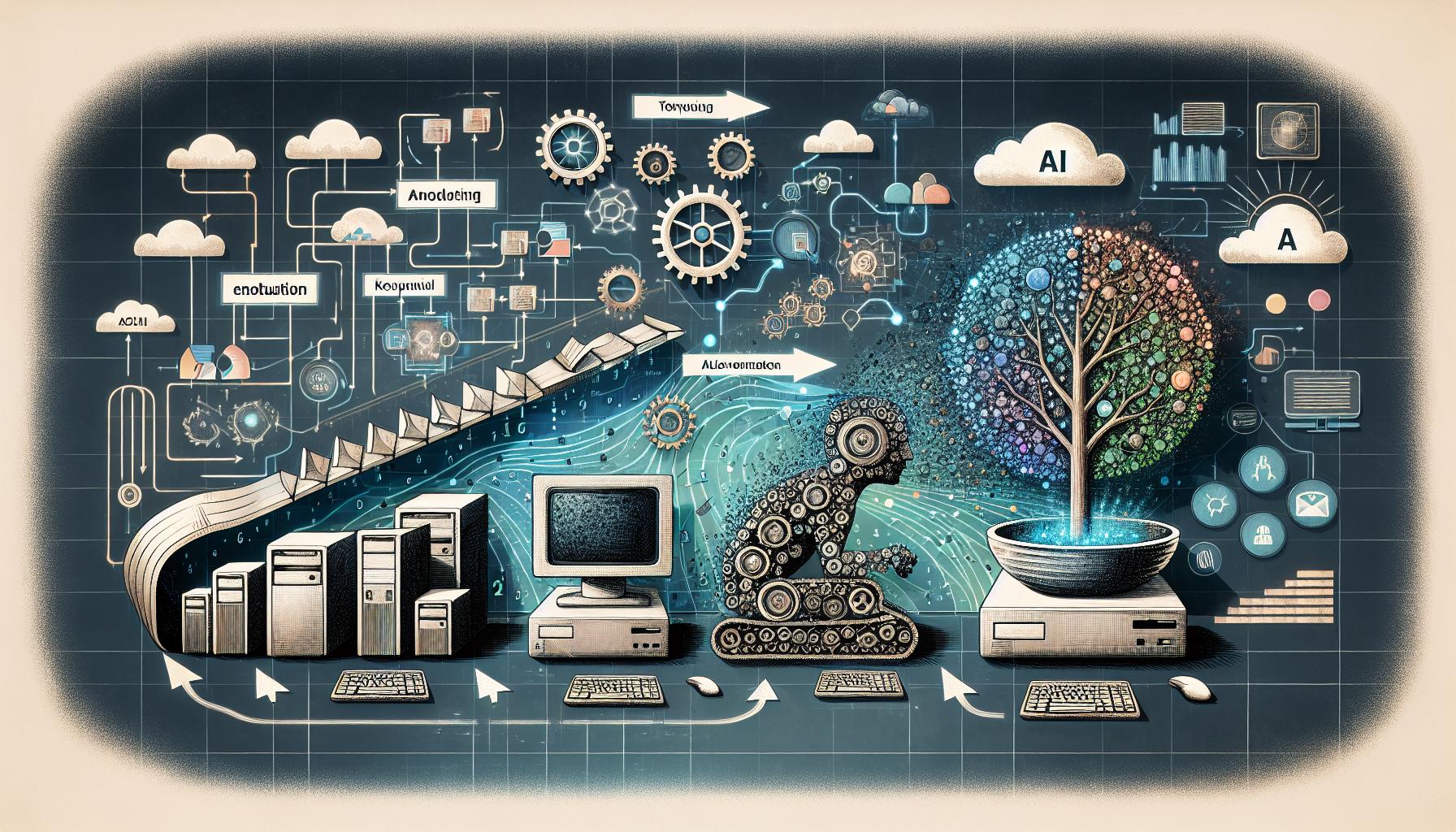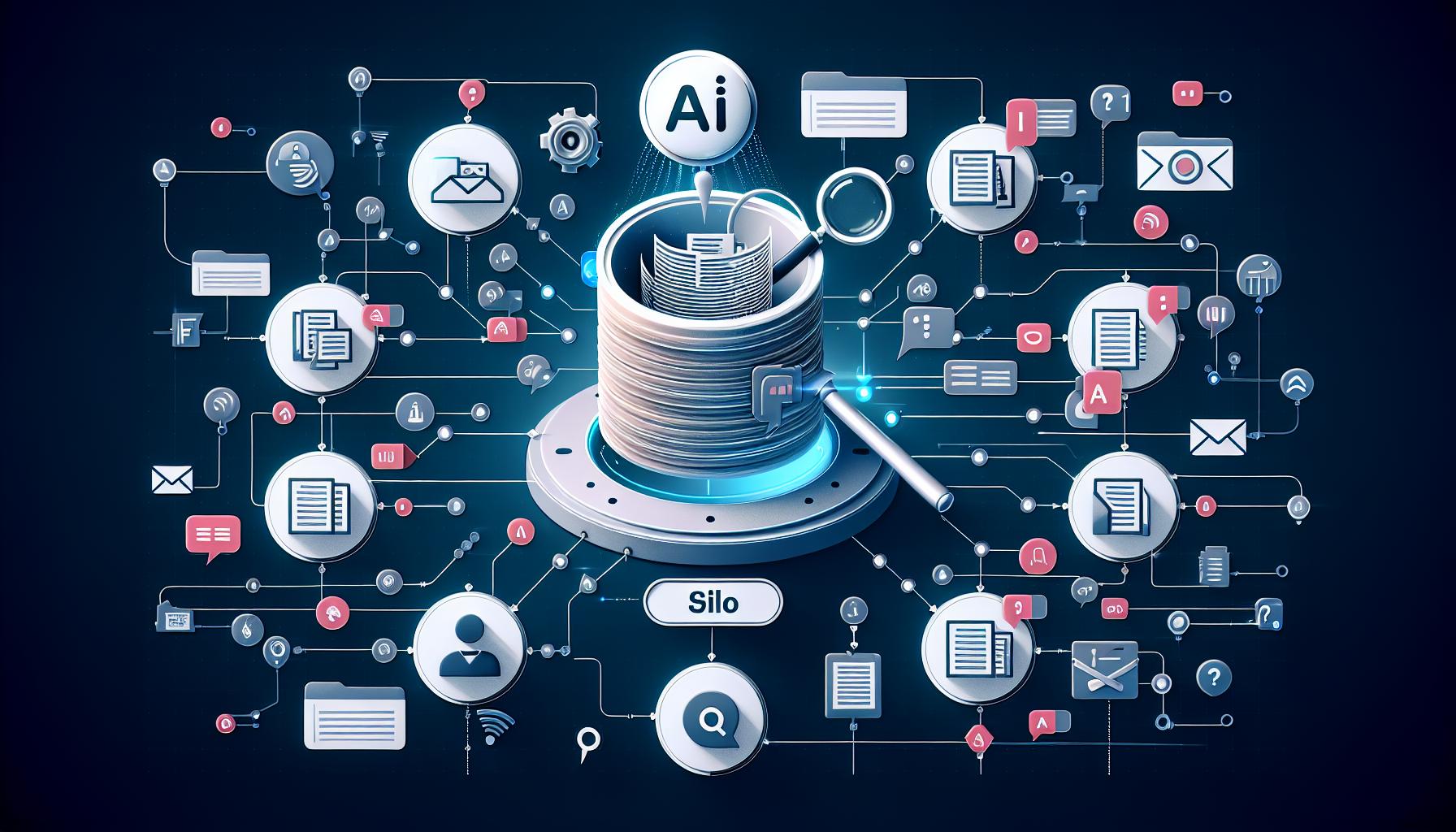Streamlining Operations: AI and the Future of Enterprise Search Platforms

Introduction
The digital age has brought an overwhelming influx of data, making efficient search and retrieval systems crucial for enterprise success. Traditional search technologies, heavily reliant on precise keyword matching, are quickly becoming obsolete in the face of more dynamic, intelligent solutions. Artificial Intelligence (AI) stands at the forefront of this revolution, transforming enterprise search platforms to be more adaptive, context-aware, and semantically intuitive.
The Evolution of Enterprise Search
Enterprise search platforms have traditionally been built around keyword-based algorithms. These systems require users to know the exact terms appearing in the desired content, leading to significant limitations in flexibility and user experience. The evolution towards AI-powered platforms introduces a paradigm shift from these rudimentary searches to advanced semantic search techniques. A.I. uses natural language processing (NLP) and machine learning algorithms to understand the context and the intent behind queries, rather than just the words themselves. This transition not only enhances the accuracy of search results but also makes the search process itself much more intuitive.
Case Studies: A.I. in Action
One compelling example of AI's impact on enterprise search can be seen with platforms like RAIA. By leveraging complex algorithms and deep learning models, RAIA improves search effectiveness and efficiency. For instance, a leading financial institution implemented RAIA to manage their extensive databases. The result was a 60% reduction in search and retrieval times and a noticeable improvement in user satisfaction as employees could find relevant information much faster than before.
Enhancing Productivity Through Intelligent Search
AI-enhanced search tools do not just simplify the finding of information; they transform how organizations handle data. With faster and more accurate search capabilities, employees spend less time searching for information and more time utilizing it strategically. This increased efficiency directly translates into heightened organizational productivity and can provide a significant competitive edge in today's information-driven marketplace.
Challenges of Integration
Despite the clear benefits, the integration of A.I. into existing enterprise search platforms is not without challenges. Technical issues such as data silos, privacy concerns, and the need for substantial training data for machine learning models pose significant hurdles. Additionally, there is often a cultural challenge within organizations to trust and rely on AI-driven systems. Addressing these challenges requires a comprehensive strategy involving clear communication, robust technological enhancements, and ongoing training for employees.
Conclusion
As A.I. continues to evolve, its integration into enterprise search platforms represents a transformative progression for organizational operations. By moving from simple keyword searches to comprehensive, context-aware systems, enterprises can enjoy vastly improved search capabilities and greater productivity. The key to success lies in not only adopting these advanced technologies but also in preparing the organizational framework to adapt to and embrace these changes.




